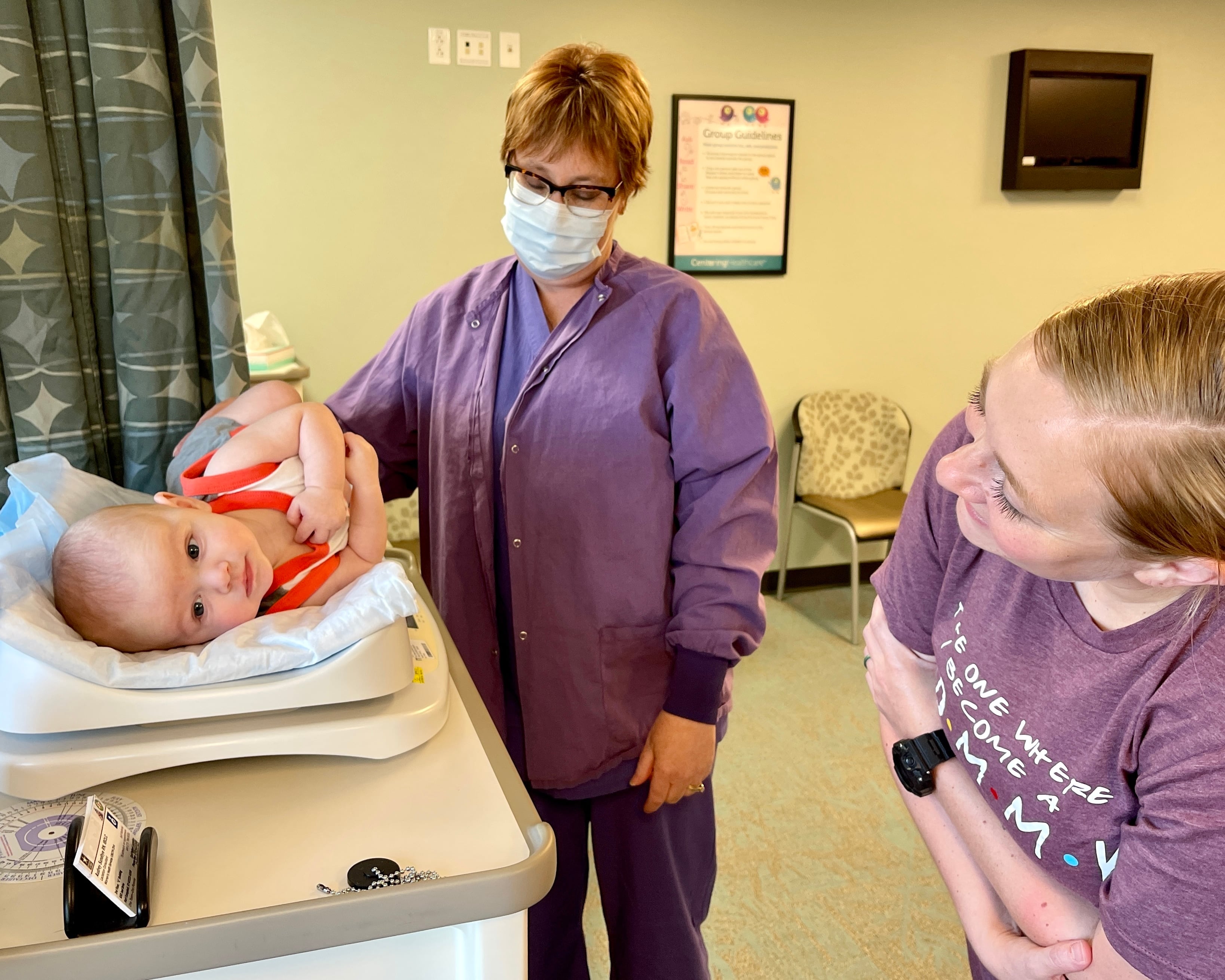BEIRUT — The founder of the Islamic State group news agency was reported killed with his daughter in an airstrike last week in eastern Syria, opposition activists said Thursday.
The militant group itself has not reported the death of the Aamaq agency founder, Baraa Kadek. Activists said Kadek was close to the ISIS leadership, gaining their trust and reportedly meeting with the enigmatic leader Abu Bakr al-Baghdadi.
Kadek's brother, Hozaifa, and former friends reported his death, saying he died when a suspected airstrike by the U.S.-led international coalition fighting IS hit his home in the town of Mayadeen in Deir el-Zour province.
The brother posted the announcement on his Facebook page. A former colleague said Kadek and his daughter and wife were wounded in an airstrike last Friday and that he died of his wounds Wednesday. Mohammed Khaled, executive manager of Aleppo 24, an activist-operated media platform and a former friend of Kadek, said his wife remains in critical condition.
ISIS supporters and activist websites reported Wednesday that a prominent ISIS cleric was also killed in an airstrike. The circumstances and whereabouts of the death of Turki al-Binali, a Bahraini cleric who rose to be one of the group's leading ideologues, were conflicting. Some supporters said he died in an airstrike in Deir el-Zour; other activists said he died in Raqqa.
The Syrian Observatory for Human Rights said an ISIS leading figure, believed to be from the Gulf, was killed in airstrikes in the last 48 hours, though it couldn't confirm if it was al-Binali.
If confirmed, al-Binali's death would be a major blow to the group as it struggles with intensified attacks in Iraq and Syria. Al-Binali was also among the ISIS leaders that helped set up the group's branch in Libya. He also provided religious justification for the enslavement of hundreds of women from Iraq's Yazidi minority.
There was no immediate comment from the coalition on the reported deaths. Last week, the coalition told The Associated Press it had carried out a series of airstrikes on May 25 and 26 targeting ISIS media infrastructure and "propaganda facilities." It said at the time that targeting such facilities "degrades" the group's capabilities and its tools to inspire attacks on foreign lands.
At the time, activists said the coalition airstrikes killed at least 35 civilians, including family members of ISIS
.
Mayadeen has become a refuge for ISIS leaders as the group comes under attack in Mosul in Iraq and their de-facto capital Raqqa in Syria. Some Syria watchers said the group's media operations have moved to Mayadeen as the coalition and allied Syrian Kurdish-led forces close in on Raqqa.
Khaled, the former friend, said Kadek became trusted by the ISIS leadership after he supported their presence in the city of Aleppo in 2013. The militants later clashed with other rebel factions, who eventually chased them out of Aleppo.
Khaled said Kadek met with al-Baghdadi in 2014 in Iraq during an introduction to the Aamaq network. "He even bragged in one of his posts about being 'honored' by a meeting with al-Baghdadi," Khaled said, speaking from Syria.
Kadek was also a friend of Abu Mohammed al-Adnani, ISIS's powerful spokesman who was killed in an airstrike in Aleppo in September 2016.
Aamaq news agency — which surfaced in 2014 — has become the group's fastest and most reliable media arm. ISIS militants have used it to post news, videos and claims of their attacks worldwide. It has remained online despite bans from social media platforms. The group has other media outlets, including a daily recorded news bulletin and a weekly magazine.
Kadek was first known for his support of the moderate opposition and rebel groups, founding a media platform to cover their news. Khaled said his transformation was remarkable and came as funds dried up for the network he founded in the early days of the revolt against Syria's government.
Originally from Aleppo province, he joined ISIS in 2013, covered their activities in Aleppo and later moved on to found Aamaq.
In other developments, a Syrian Kurdish party denied rumors that an Iraqi government-backed and mainly Shiite militia, known as the Popular Mobilization Forces, had entered northern Syria on Thursday and seized two villages abandoned by the Islamic State group.
Some Iraqi Shiite factions have aligned themselves with Syrian President Bashar Assad's forces, such as Harakat Nujaba. Speculation on social media raised concerns the Iraqi Shiite militiamen would try to seize Syrian territory at the expense of U.S.-backed Kurdish forces in the north.
An Iraqi Shiite lawmaker and a spokesman for the PMF, Ahmed al-Asadi, denied the move into Syria, saying the forces "only want to secure the nearly 400-kilometer (250-mile) -border from the Iraqi side.
However, an Iraqi Shiite commander who spoke on condition of anonymity because he was not authorized to speak for the PMF, said they had in fact entered two Syrian villages for a couple of hours "to convey a message to the Americans and (Kurdish-led) Syrian Democratic that we are able to do it."
Associated Press writers Qassim Abdul-Zahra in Baghdad and Philip Issa in Beirut contributed to this report.





